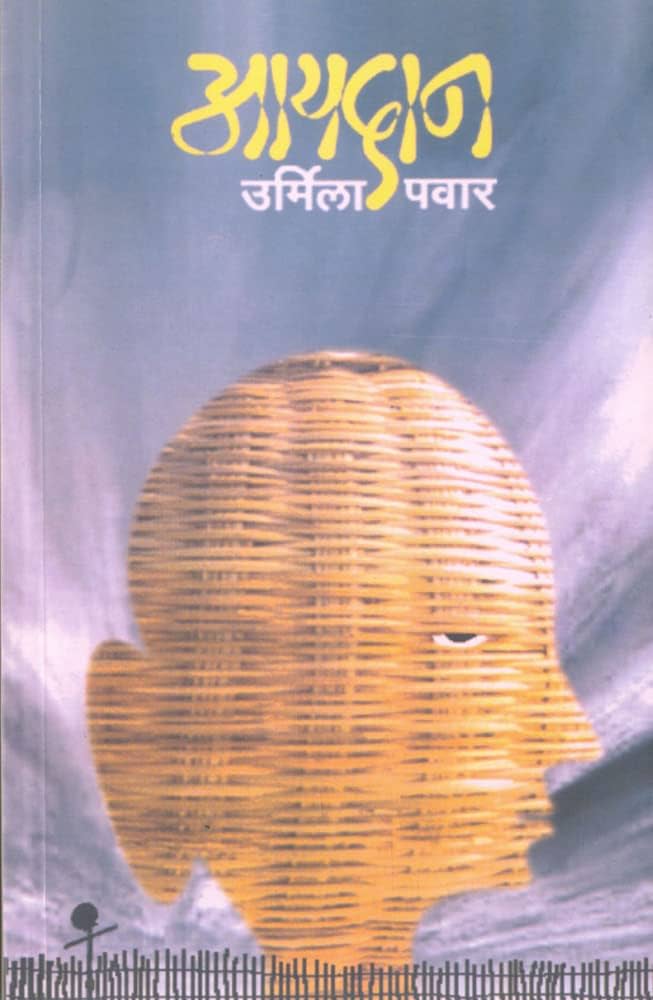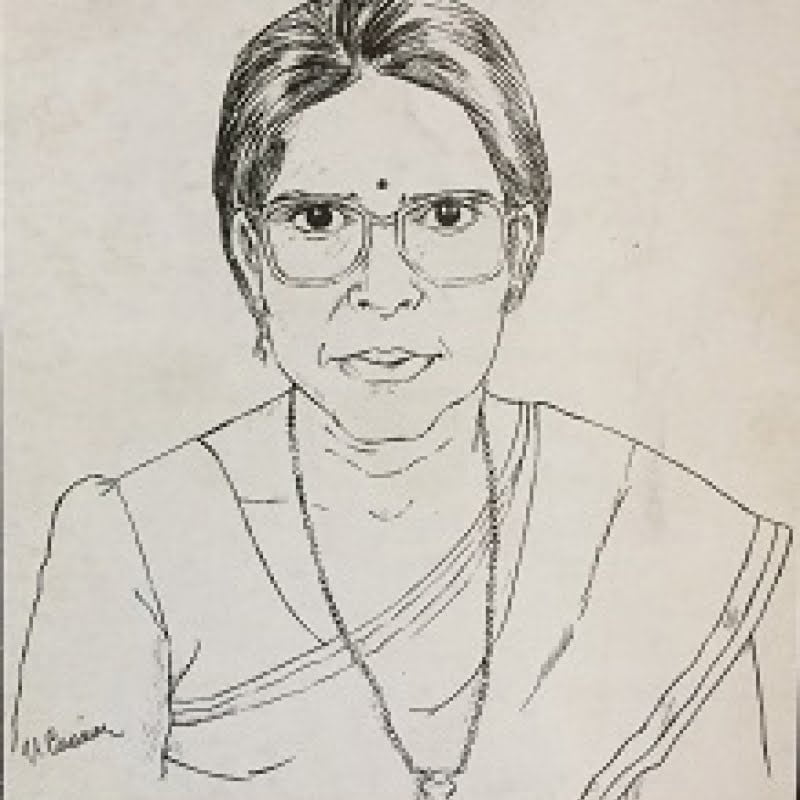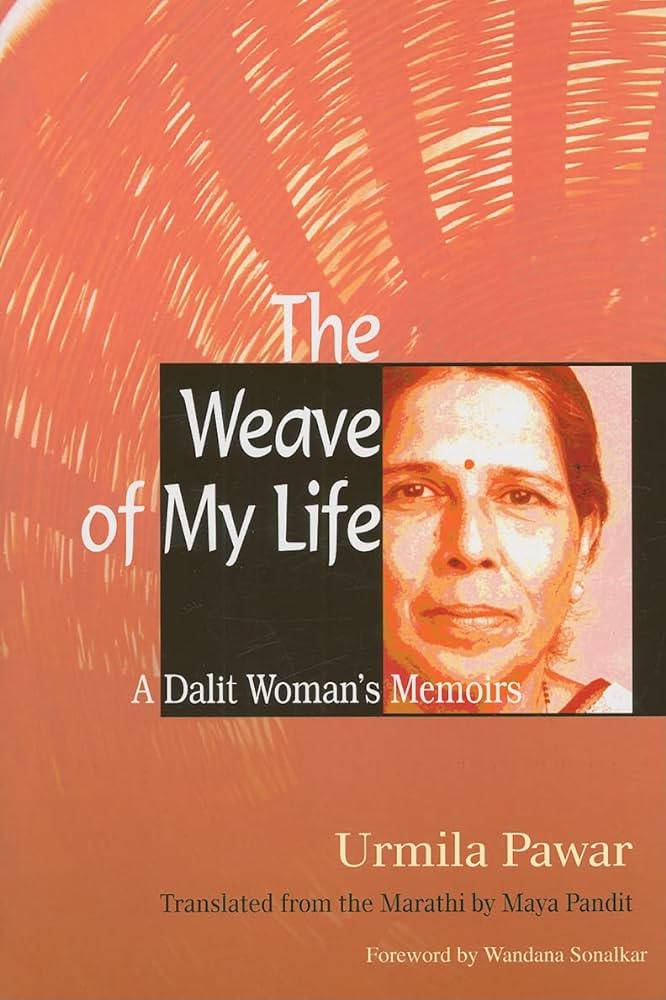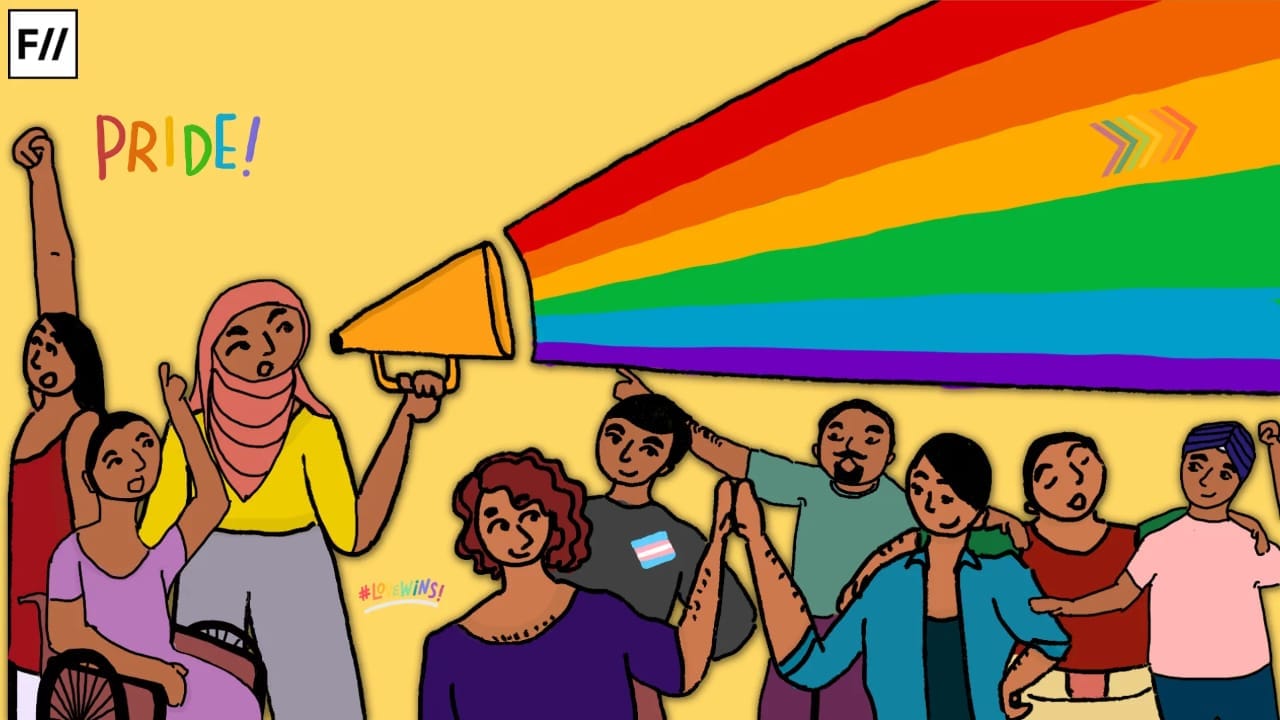The Weave of My Life depicts the story of a Dalit woman who overcame caste based prejudices and became a successful writer from the Dalit community. This memoir is not just a story, but instead an account of a woman who believed that she has the power to create changes.
This memoir is not just a story, but instead an account of a woman who believed that she has the power to create changes.
The Weave of My Life is a memoir by Urmila Pawar a Dalit woman writer and activist. This autobiography was originally written in Marathi and was later translated by Maya Pandit. The Marathi title was Aaidan which means ‘weave’.
Urmila Pawar is a well known Dalit woman writer who has always fought for the rights of Dalit women. The memoir The Weave of My Life describes her life as a Dalit and the discrimination she had to face. She was born into the Mahar community which was despised by the high castes. The high caste people discriminated against the Dalit community because they believed that they are not equal to their status in terms of wealth or education. So they suppressed these people by humiliating and torturing them.
About Urmila Pawar
Urmila Pawar was born in 1945 in Adgaon village of Ratnagiri district, Maharashtra. When she was 12 years old her family converted to Buddhism due to caste issues. Her father was a teacher in a school for the untouchables and also performed rituals as a religious priest of their community. Her mother was a homemaker but was a strong lady. Urmila had to face many problems as she grew up because of her caste and gender. She constantly got humiliated by her classmates and teachers because of her caste.
Even though it disappointed her she never gave up her dreams and later became a renowned writer from the Dalit community. She has a Master of Arts degree in Marathi literature and has also worked as an employee in the public works department in Maharashtra. She has written many short stories and one of her short stories ‘Kavach’ was included in the university studies.
Urmila Pawar as a writer and activist
Urmila Pawar gained popularity after her memoir The Weave of My Life got published in 2008. Later she wrote many other works like We Also Made History (2008) and Motherwit (2013) which were originally written in Marathi. She is also an activist and advocate for the rights of Dalit women. Though she has not published many books, her autobiography created a sensation as it described true events from her life.
Hardships and real life stories of a dalit woman in The Weave of My Life
The book The Weave of My Life describes the life of Urmila Pawar. This book starts with the childhood memories of Urmila and how she had to undergo different problems in her life as she was a Dalit woman. When Urmila was a child she had seen a lot of discrimination towards Dalit women and she explains about this in her work.
When Urmila was a child she had seen a lot of discrimination towards Dalit women and she explains about this in her work.
The first chapter describes how the Dalit women had to travel long distances to the market to sell their homemade items which was the main source of their livelihood. They travelled on foot in the hot sun through the mountains.They set off in the morning and returned in the evening tired and exhausted. Though they returned tired they had to do all the household works left behind.
Urmila Pawar clearly describes the journey of a Dalit Woman with her own life experiences. The book starts with her life as a child and later moves on till her adulthood. She describes many stories of other women from her community as well as some incidents from her own family. She describes many such incidents to convey that women were also suppressed by their husbands, in-laws and fathers. For example, she portrays the story of her cousin Susheela who was tortured by her in-laws as well as the story of a widow who became pregnant. These incidents convey that women are always at the receiving end of exploitation.
Life of a married dalit woman in The Weave of My Life
Dalit women were married off early and had to take all the responsibilities of their new family at a young age. They had to look after the children and the elders while the men worked outside. Apart from this they had to work in the fields after their household chores. The Dalit men had rest after their work but the poor Dalit women had to do all the work without any rest. They were expected to manage all the things while the men had their leisure time.
Most Dalit families had more than three children and the women had to look after them apart from other work. They had to get up early in the morning and prepare food for all the members. Apart from this they had to work in the fields along with the men. The young women were expected to do all the work without any complaint when they were actually supposed to get education. While the high caste women enjoyed freedom and quality education, these women had to tirelessly work for their family.
Social status and literacy rate of dalit women
The Dalit women had no place in the society and they were seen as mere workers. Society never wanted to acknowledge these women nor uplift them. Though these women had high potential the people around them humiliated them. Another thing is that the women were deprived of basic education and most of the Dalit women were illiterate. While the high caste people had all facilities, these women did not have any knowledge about their rights or the world around them.
This is a fact which Urmila Pawar describes in her memoir which clearly conveys that the high caste people kept these women in the dark so that they never become successful. Apart from this, they never left any opportunity to discriminate and humiliate Dalit women.
Lastly, the book The Weave of My Life ends stating that every person’s life is a social document which can be clearly viewed by everyone. The writer says that she only wants everyone to know about their life and does not expect anything in return. This statement of Urmila Pawar indirectly conveys that women like her are still discriminated against based on their caste, colour and gender.








